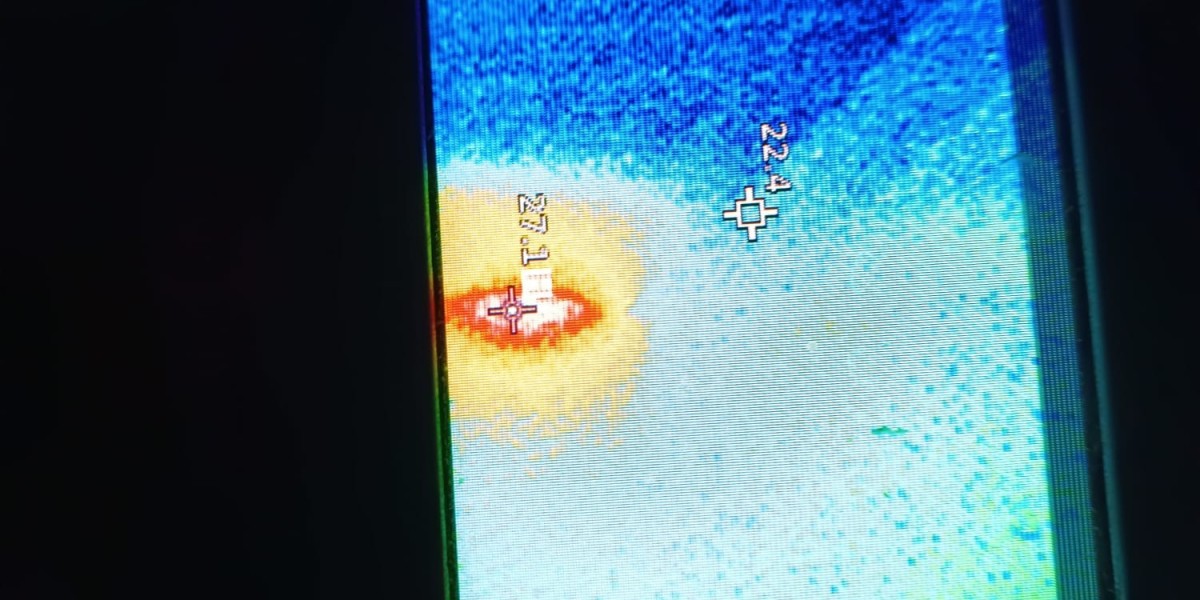Relationships are built on love, trust, and mutual support, but even the strongest relationships can face moments of strain. Over time, it’s natural for couples to experience relationship burnout—feelings of emotional fatigue, disconnection, and stress. This can happen due to various factors such as work pressure, daily responsibilities, or simply the routine of life taking over. But while burnout can feel overwhelming, it doesn’t mean the relationship is doomed. With conscious effort, communication, and a focus on rekindling the connection, couples can overcome burnout and reignite the spark.
In this blog post, we’ll explore the causes of relationship burnout, how to recognize its signs, and strategies for overcoming it. By the end, you’ll have actionable steps to restore energy and excitement in your relationship.
1. What Is Relationship Burnout?
Relationship burnout occurs when partners feel emotionally exhausted or disconnected, often due to prolonged periods of stress, conflict, or neglect. This type of burnout doesn’t happen overnight—it’s usually the result of ongoing emotional strain, a lack of balance, or insufficient time and effort put into the relationship.
Common Causes of Burnout
Several factors can contribute to relationship burnout:
Stress: Work-related stress, financial worries, or personal challenges can seep into the relationship, leaving partners too drained to connect emotionally.
Lack of Communication: When communication breaks down, misunderstandings and unresolved issues can pile up, leading to frustration and distance.
Routine and Boredom: While routines can provide stability, too much predictability can lead to boredom. Without novelty or excitement, partners may feel like they’re “going through the motions.”
Unresolved Conflicts: Conflict is natural, but when disagreements are left unresolved, they can create tension and emotional fatigue.
The predicting results in this research that showed the total mark of relationship beliefs predicted almost half of burnout and two other factors including believing that disagreement is destructive and mind reading that predict 0.60 of marital burnout's mark showed the importance of relationship beliefs in causing marital burnout in women who wanted to divorce.
2. Recognizing the Signs of Relationship Burnout
Identifying the signs of burnout early is essential to addressing it before it causes lasting damage to the relationship. Here are some common signs that you or your partner may be experiencing relationship burnout:
Emotional Detachment
One of the most common signs of burnout is emotional detachment. You might feel disconnected from your partner, less interested in sharing your thoughts or feelings, or even indifferent about spending time together. If you find yourself withdrawing emotionally, it’s important to acknowledge this as a sign of burnout rather than simply a phase.
Decreased Physical Intimacy
Burnout often affects physical intimacy. If you and your partner have been less affectionate, or if your sex life has taken a noticeable dip, it may be a sign of emotional fatigue. Intimacy is a key part of any romantic relationship, and when it declines, it can signal deeper issues that need addressing.
In some cases, couples experiencing burnout may want to reintroduce novelty into their physical relationship, such as trying new experiences in the bedroom. For example, using a vibrator or other intimate products can help reignite physical passion and bring excitement back into the relationship. However, this should be approached with open communication and mutual consent to ensure that both partners feel comfortable and excited about the experience.
Frequent Arguments or Irritability
When you’re emotionally drained, it’s easy to become more irritable or quick to argue. Burnout can make small issues seem much larger than they are, leading to unnecessary conflict. If you and your partner are arguing more frequently or getting frustrated over minor issues, it may be a sign that burnout is affecting your relationship.
Feeling Like You’re “Roommates”
If your relationship feels more like a transactional partnership than a romantic connection—like you’re just two people sharing a space rather than a couple deeply in love—this can be a clear sign of burnout. When emotional intimacy fades, it’s easy for couples to slip into a “roommate” dynamic where practical concerns (bills, chores, etc.) dominate the relationship.
3. Steps to Overcome Relationship Burnout
The good news is that burnout doesn’t have to be the end of a relationship. By acknowledging the problem and taking active steps to address it, couples can rekindle their connection and move forward together. Here are some strategies to help you overcome relationship burnout:
1. Prioritize Open Communication
Communication is the foundation of any healthy relationship, and it’s especially important when dealing with burnout. Take the time to sit down with your partner and openly discuss how you’re feeling. Be honest about the emotional fatigue you’re experiencing, and encourage your partner to share their feelings as well.
When discussing burnout, it’s crucial to avoid blaming your partner. Instead, focus on expressing how you feel and framing the conversation as an opportunity to work together toward a solution. For example, you might say, “I’ve been feeling emotionally exhausted lately, and I think it’s affecting our relationship. Can we talk about ways to reconnect?”
2. Reignite Emotional Intimacy
Burnout often creates emotional distance between partners, so finding ways to reignite emotional intimacy is key to overcoming it. Start by carving out quality time for each other, away from the distractions of work, family, or other responsibilities. Whether it’s scheduling a date night, taking a weekend getaway, or simply spending an evening talking without your phones, reconnecting on an emotional level can help you both feel closer.
3. Break the Routine with New Experiences
One of the reasons burnout occurs is because the relationship falls into a predictable routine. While routines can provide stability, too much monotony can make the relationship feel stagnant. To counter this, try introducing new experiences and activities that add excitement and novelty to your relationship.
Try new hobbies together: Whether it’s cooking classes, hiking, or learning a new skill, engaging in a new activity can create shared experiences and bring excitement back into the relationship.
Plan spontaneous date nights: Surprise your partner with an impromptu date night or weekend adventure. Breaking out of the usual routine can reinvigorate your connection.
4. Address the Root Causes of Stress
Burnout often stems from external stressors that spill over into the relationship. If work stress, financial worries, or personal issues are taking a toll on your relationship, it’s important to address these root causes head-on.
For example, if work is draining all your energy, consider setting clearer boundaries between your professional and personal life. If financial stress is contributing to burnout, sit down with your partner to create a budget or discuss financial goals together. By tackling these external stressors, you’ll reduce the overall emotional load and create more space for your relationship to thrive.
5. Practice Self-Care and Encourage Your Partner to Do the Same
Self-care plays a vital role in preventing and overcoming burnout. When you’re emotionally exhausted, it’s easy to neglect your own well-being, but taking care of yourself is essential for recharging your energy and showing up fully in your relationship.
Encourage both yourself and your partner to prioritize self-care, whether that means setting aside time for relaxation, engaging in physical activity, or pursuing hobbies that bring joy. When both partners are taking care of their individual needs, they’re more likely to show up as their best selves in the relationship.
6. Consider Relationship Counseling
If burnout feels too overwhelming to handle on your own, relationship counseling can be a helpful resource. A professional therapist can help you and your partner identify the underlying issues contributing to burnout and develop strategies for reconnecting.
Couples counseling offers a safe space for both partners to express their feelings, work through conflicts, and learn new communication and coping skills. It can be particularly helpful if there are deeper emotional wounds or long-standing issues that need to be addressed.
4. Preventing Burnout in the Future
Once you’ve worked through relationship burnout, it’s important to take steps to prevent it from happening again. This means prioritizing your relationship on an ongoing basis and being mindful of the signs of burnout before they become overwhelming.
Check in Regularly
Make it a habit to check in with your partner regularly about how you’re both feeling in the relationship. These check-ins don’t have to be formal—they can be as simple as asking, “How are we doing?” or “Is there anything we need to work on together?” By addressing concerns early, you can prevent small issues from turning into burnout.
Maintain a Balance Between Individual and Shared Time
Finding a balance between personal time and couple time is key to a healthy relationship. While spending time together is important, maintaining your individuality and personal interests can help prevent emotional exhaustion. Encourage each other to pursue hobbies, spend time with friends, and prioritize self-care—this allows both partners to recharge and bring positive energy into the relationship.
Conclusion: Rekindling Your Connection After Burnout
Relationship burnout can be challenging, but it’s not the end of the road. By addressing the underlying causes, communicating openly, and making an effort to reconnect emotionally and physically, couples can overcome burnout and reignite the spark in their relationship. With patience, effort, and a focus on mutual support, you and your partner can emerge from burnout stronger and more connected than ever before.







